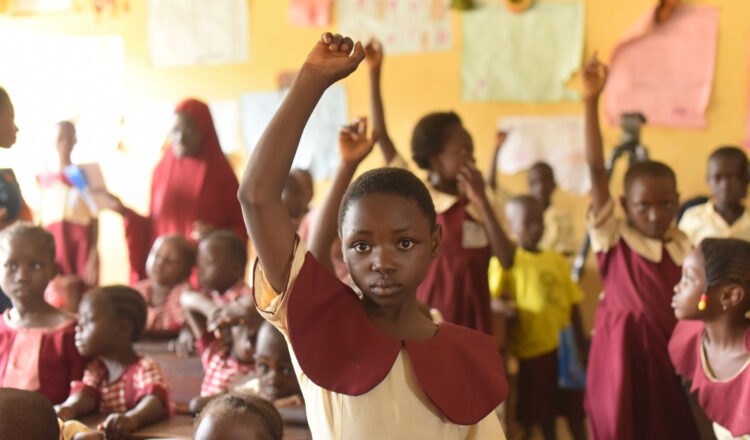Today, on the International Day of Education, the theme is “to invest in people, prioritize education.” In Nigeria, this theme is especially pertinent as the country struggles with a number of issues that prevent many children from accessing quality education:
- Lack of funding for education: One of the biggest issues facing Nigeria’s education system is a lack of funding. The country’s education budget has been consistently underfunded for years, leading to a shortage of resources and inadequate infrastructure in many schools.
- Poor teacher training and recruitment: Another major issue is the lack of properly trained teachers. Many teachers in Nigeria are not properly trained and do not have the necessary qualifications to provide quality education to their students. Additionally, there are not enough teachers to meet the demands of the country’s growing population.
- High dropout rates: A significant number of children in Nigeria drop out of school before completing their education. This is often due to poverty and a lack of access to resources, as well as cultural and societal factors that place a higher value on work and economic stability over education.
- Inadequate infrastructure: Many schools in Nigeria lack basic infrastructure such as running water, electricity, and proper sanitation facilities. This makes it difficult for children to learn and for teachers to provide quality education.
- Limited access to education for girls: Despite progress in recent years, girls in Nigeria still face significant barriers to accessing education. Cultural and societal factors often prevent girls from attending school, and girls are more likely to drop out of school than boys.
To address these issues, Nigeria must prioritize education and invest in the resources and infrastructure necessary to provide quality education to every child. This includes increasing funding for education, providing proper teacher training and recruitment, and addressing the cultural and societal factors that contribute to high dropout rates and limited access to education for girls.
Additionally, the government should focus on building and upgrading infrastructure in schools, and ensure that education is accessible to all children regardless of their socio-economic background.
It is important to note that, the education sector in Nigeria is also very much hindered by the COVID-19 pandemic, which has led to prolonged school closures and significant disruption to the education of millions of children. Therefore, Nigeria must also address the impacts of COVID-19 on education, and work proactively to mitigate the negative effects of future pandemic on children’s education.
On this International Day of Education, let us remember the importance of education in the development of individuals, communities, and countries. It is time for Nigeria to prioritize education, invest in its people, and ensure that every child has access to quality education.
.
.
.
Joseph Omoniyi





